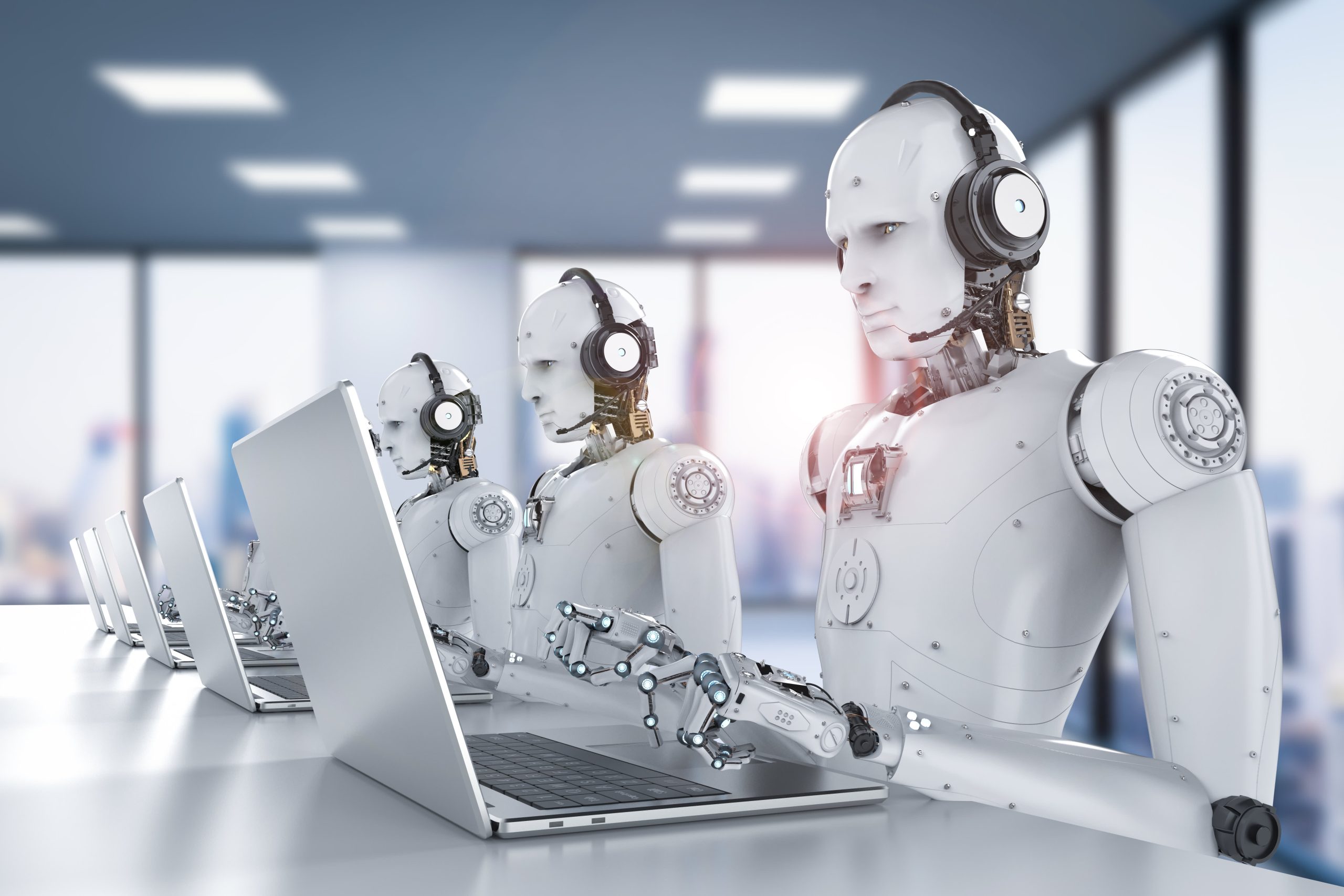
As we stand on the brink of a new decade, the world is witnessing an unprecedented transformation fueled by advancements in robotics and automation. From manufacturing floors to healthcare settings, the integration of robotics is reshaping industries in ways previously unimaginable. In this article, we explore the diverse ways in which robotics and automation are set to evolve over the next decade and provide suggestions for individuals and businesses to navigate and capitalise on this trans-formative era.
Manufacturing and Supply Chain Optimisation: In the next decade, we can expect a surge in the adoption of robotics in manufacturing and supply chain operations. From collaborative robots (cobots) working alongside human employees to fully automated production lines, businesses will prioritize efficiency, cost-effectiveness, and precision. To stay competitive, companies should invest in upskilling their workforce to operate and manage these robotic systems, fostering a symbiotic relationship between man and machine.
Healthcare Revolution: Robotics will play a pivotal role in healthcare, offering solutions for surgery, patient care, and even diagnostics. Remote-controlled robotic surgeries, robot-assisted rehabilitation, and autonomous delivery of medications within hospitals are just the tip of the iceberg. Healthcare professionals should embrace continuous learning to effectively integrate these technologies into their practices, ensuring optimal patient outcomes.
Agricultural Automation: The agriculture sector is on the cusp of a technological revolution, with robots poised to transform traditional farming practices. Automated tractors, drones for crop monitoring, and robotic harvesters are set to increase efficiency and yield. Farmers and agricultural workers should adapt by acquiring skills in robotics maintenance and operation, paving the way for a more sustainable and productive future.
Retail and Service Industry Transformation: The retail and service industries will witness a shift towards automated customer service, checkout processes, and inventory management. While this enhances operational efficiency, businesses should focus on cultivating a customer-centric approach, ensuring that the human touch is not lost in the age of automation. Soft skills such as communication and empathy will be crucial for employees in these sectors.
Education and Reskilling Initiatives: To thrive in an automated future, individuals must proactively engage in continuous learning and reskilling. Educational institutions and employers should collaborate to develop programs that equip the workforce with the necessary skills to adapt to the changing landscape. Emphasis should be placed on fostering creativity, critical thinking, and problem-solving abilities that complement the capabilities of robotic systems.
Cybersecurity and Ethical Considerations: With increased reliance on robotics and automation, the need for robust cybersecurity measures becomes paramount. Businesses should invest in secure technologies and educate employees on cybersecurity best practices. Additionally, ethical considerations, such as the impact on employment and societal well-being, should be integrated into the development and deployment of robotic systems.
The next decade holds immense promise as robotics and automation redefine industries across the globe. To thrive in this transformative era, businesses and individuals must be proactive in adapting to the changing landscape. Embracing technological advancements, upskilling, and maintaining a human-centric approach will not only ensure a smooth transition but also pave the way for a future where humans and robots collaborate harmoniously for mutual benefit.







